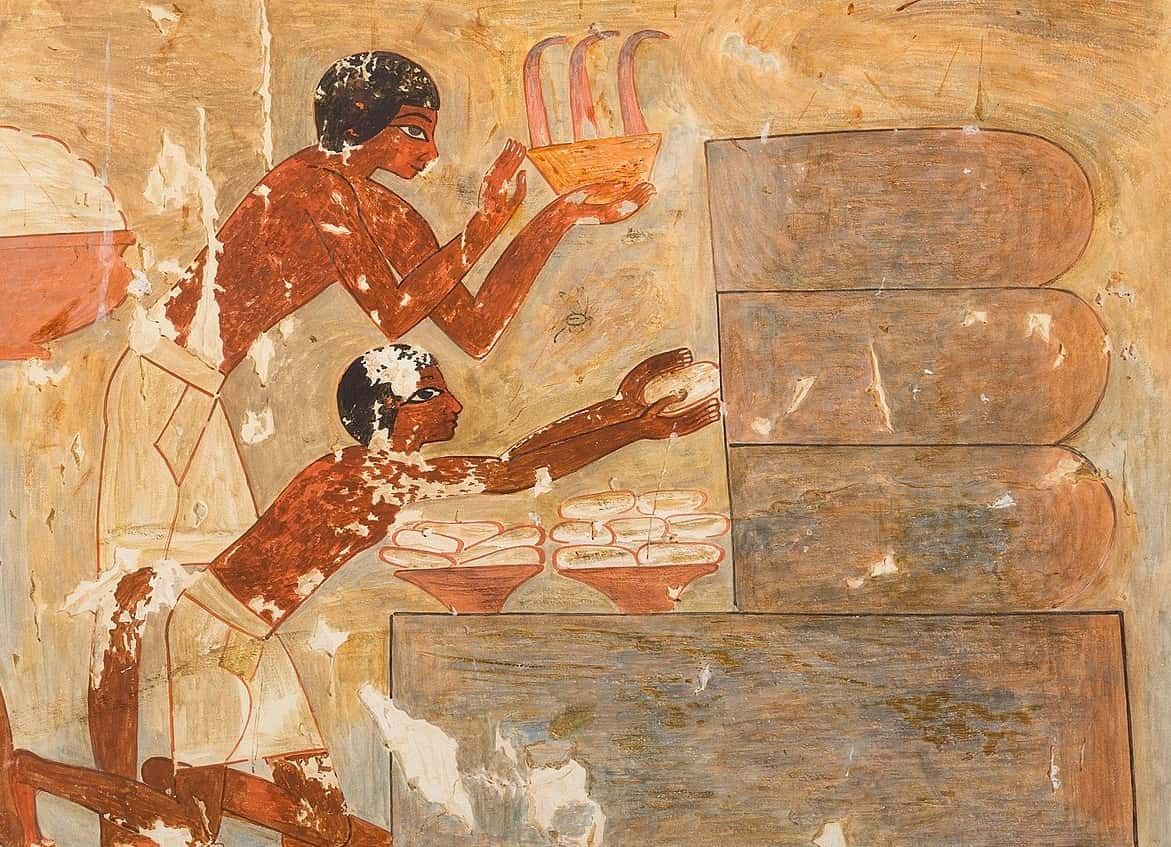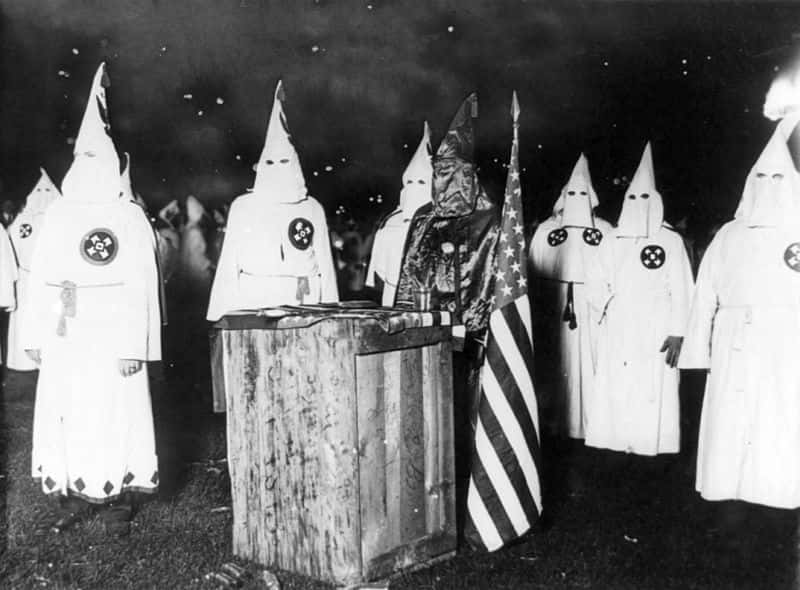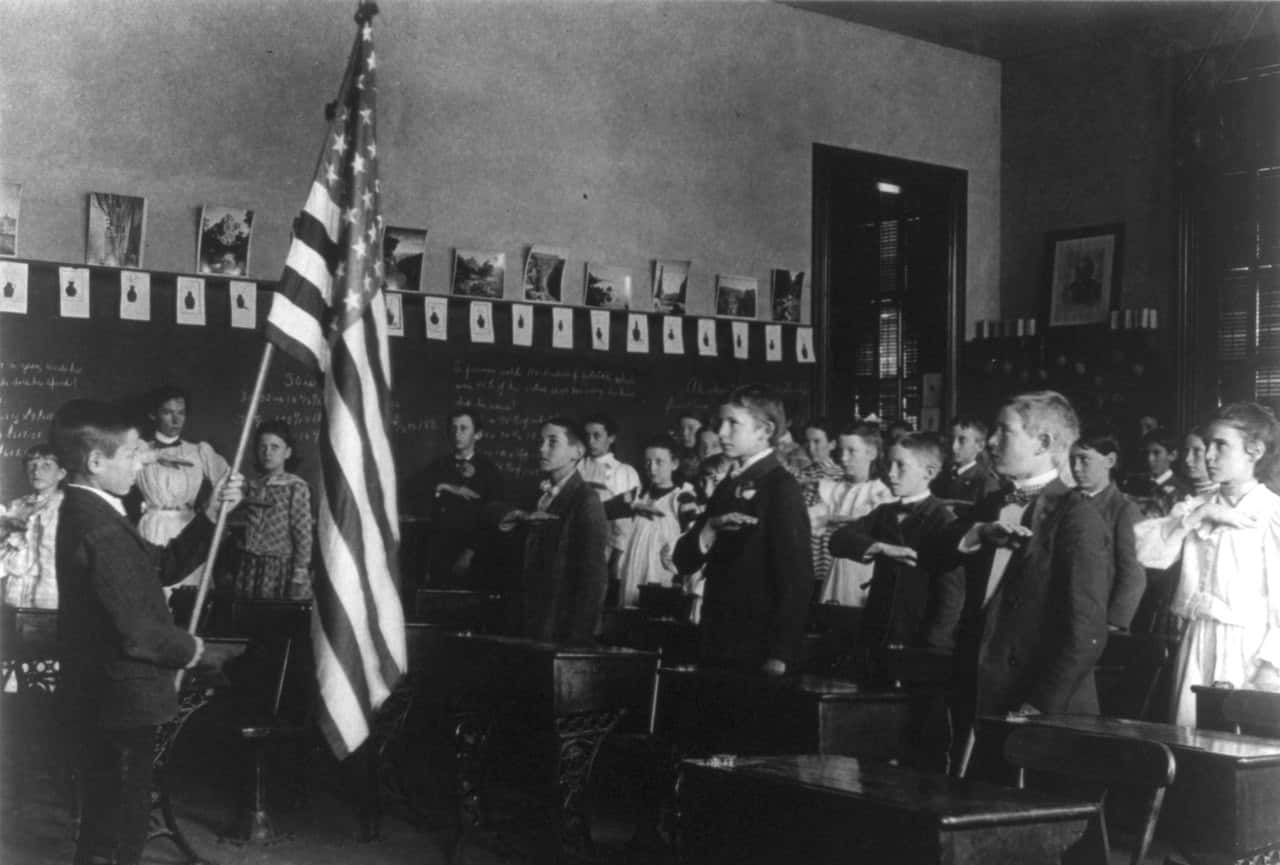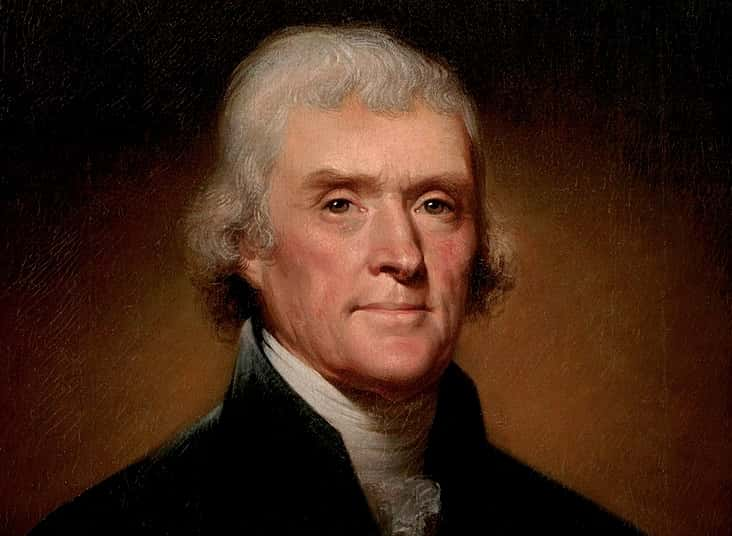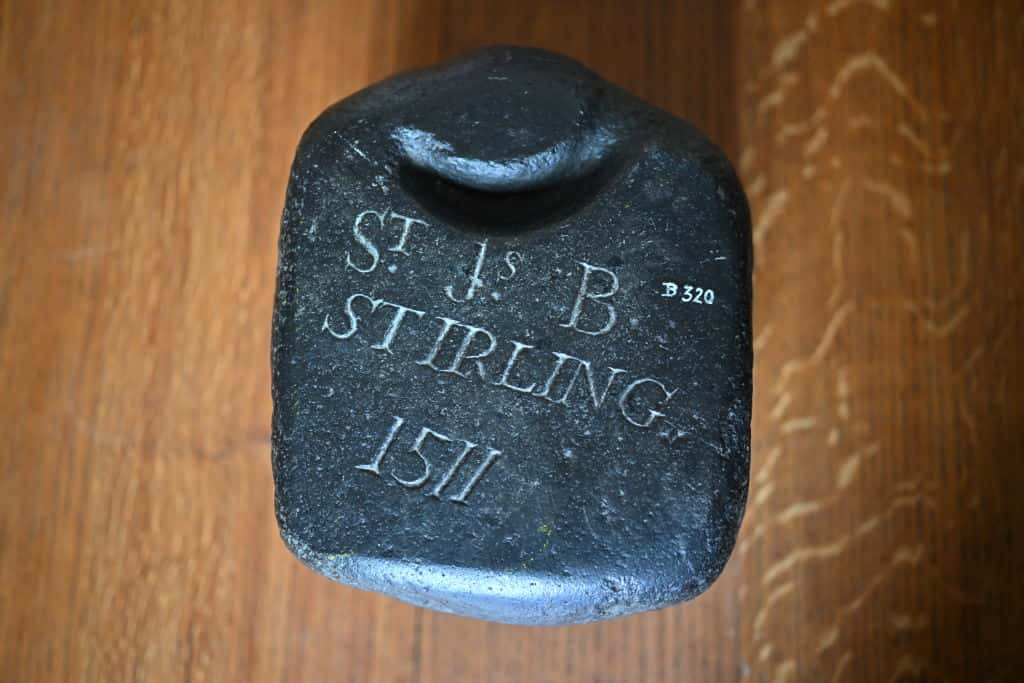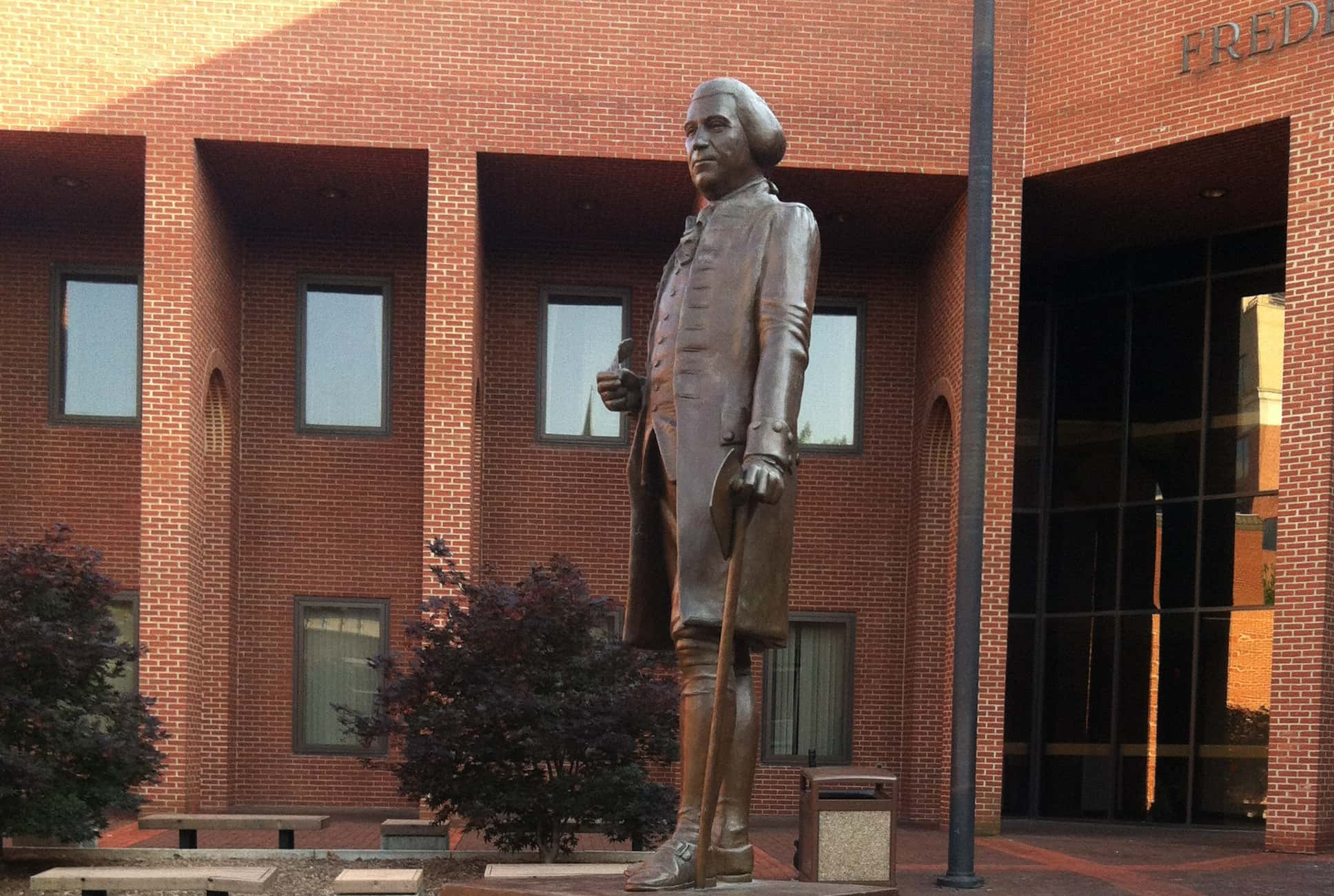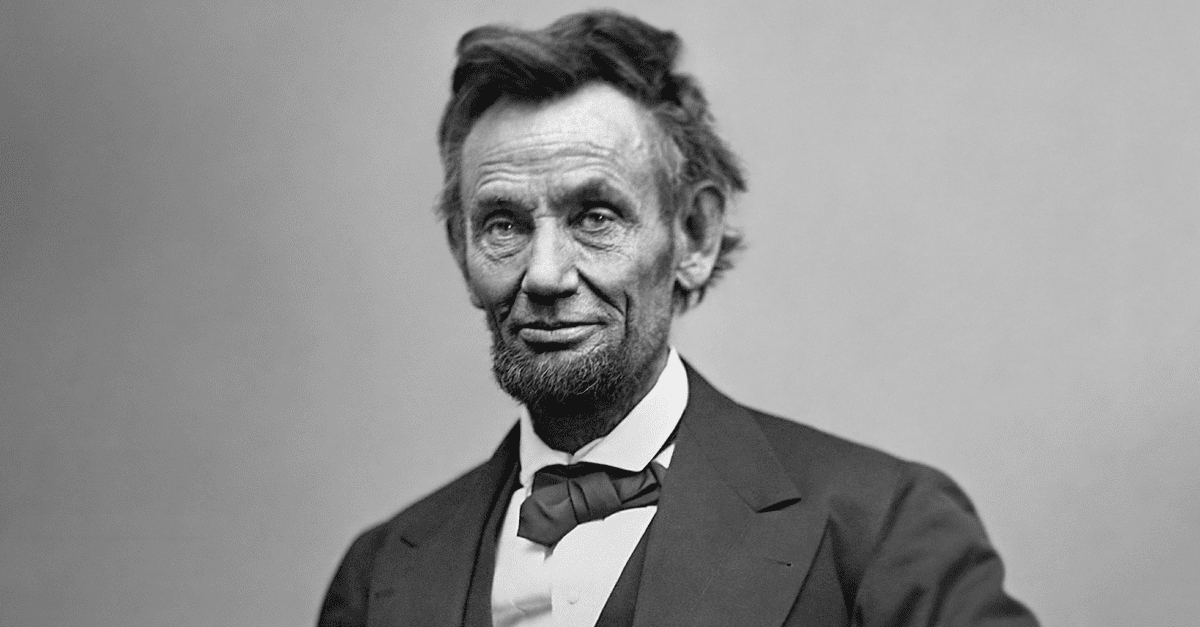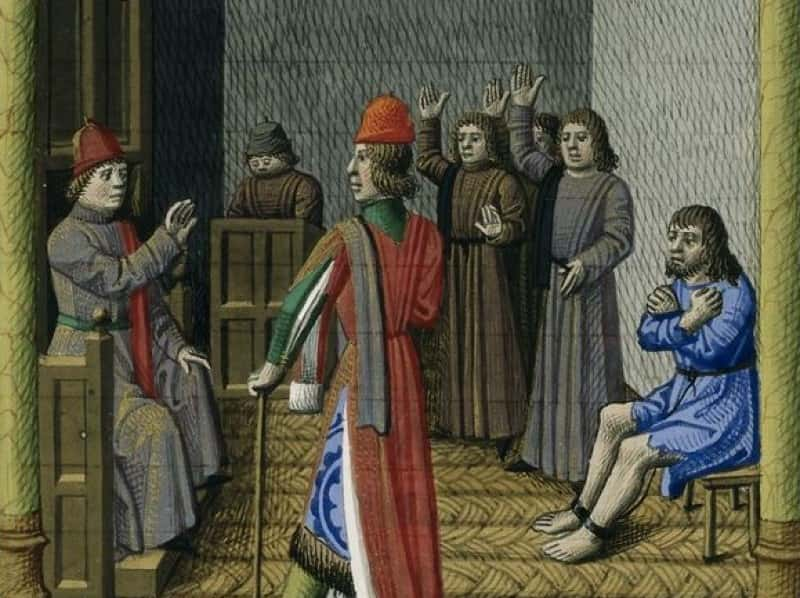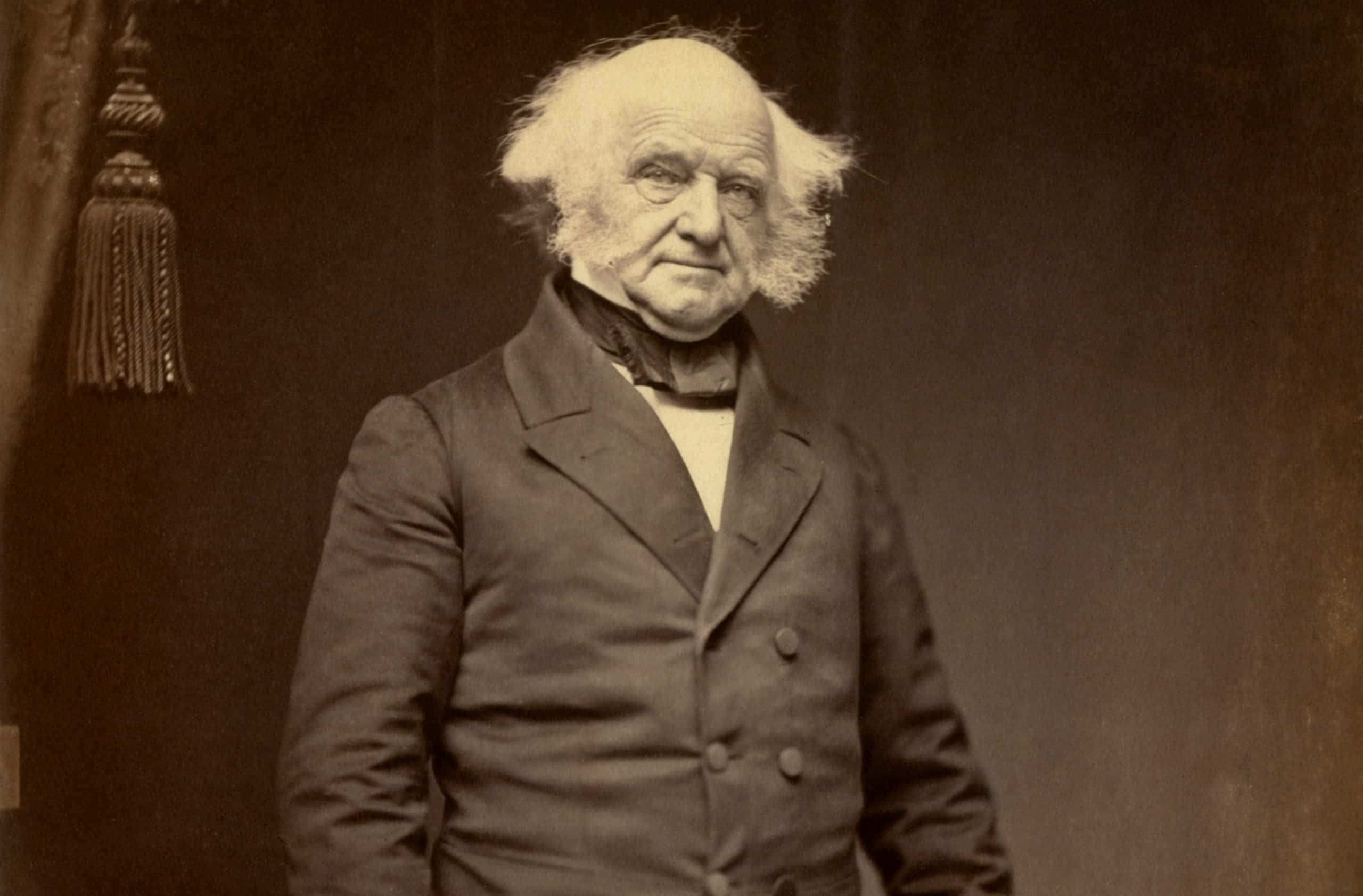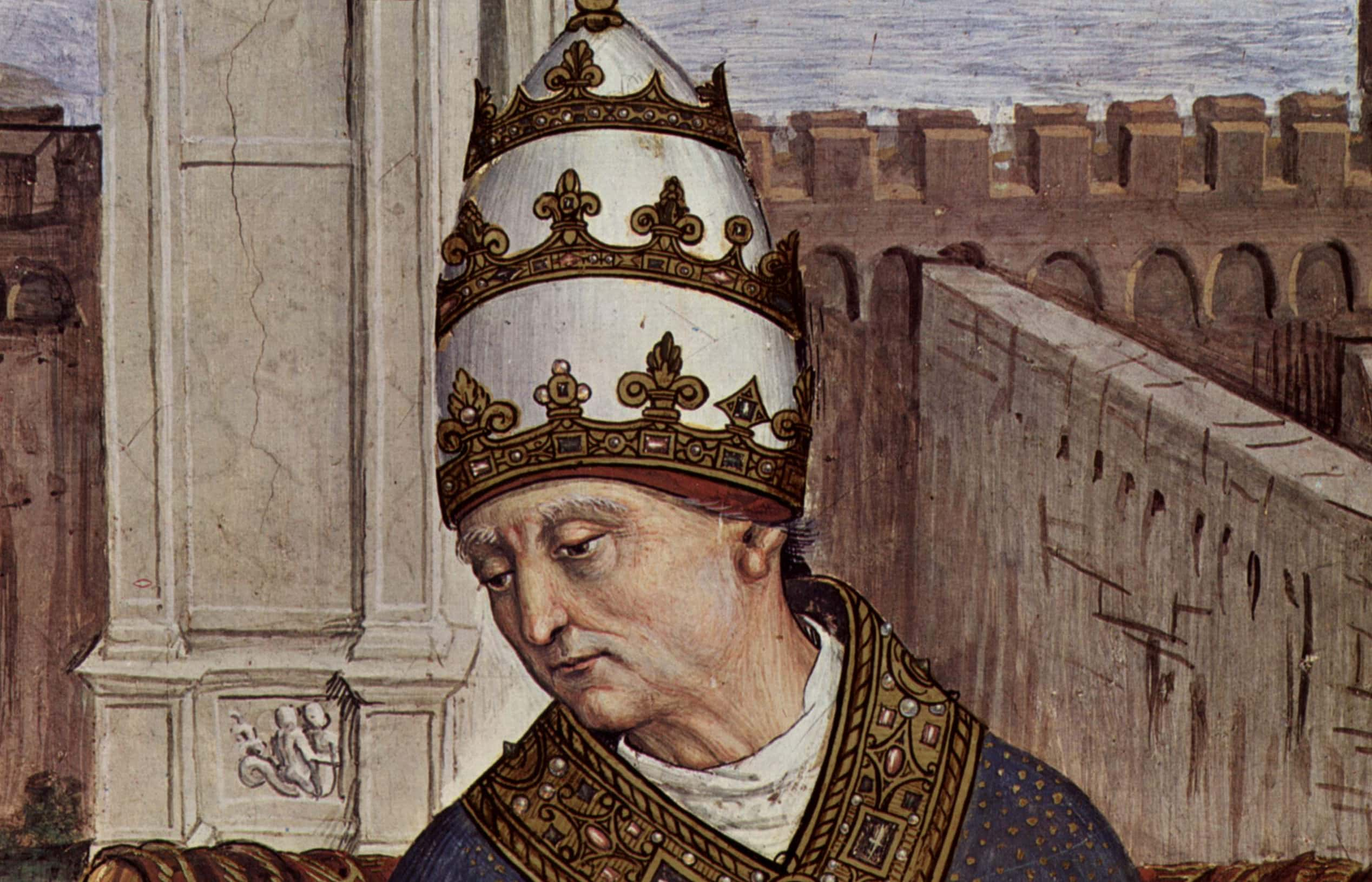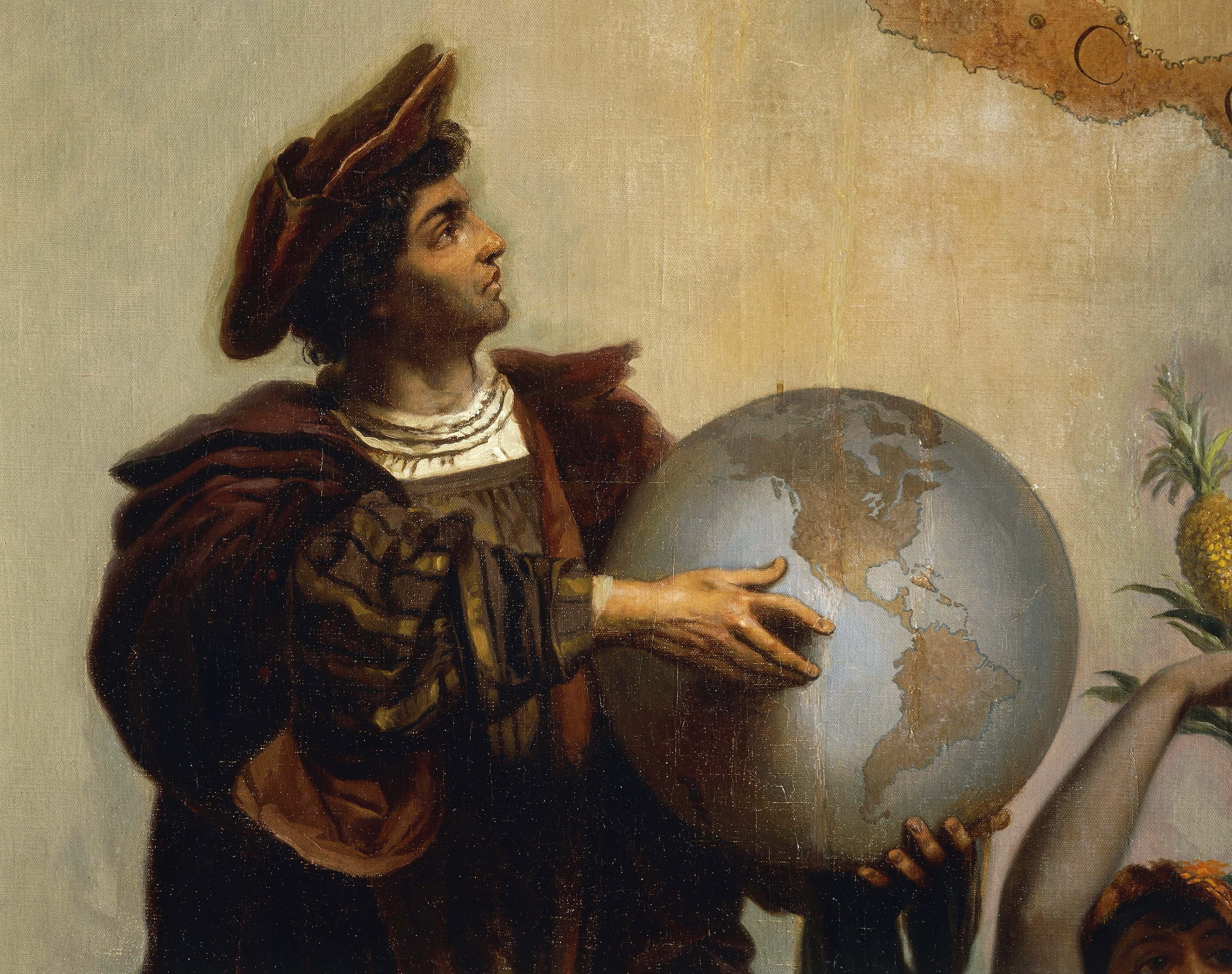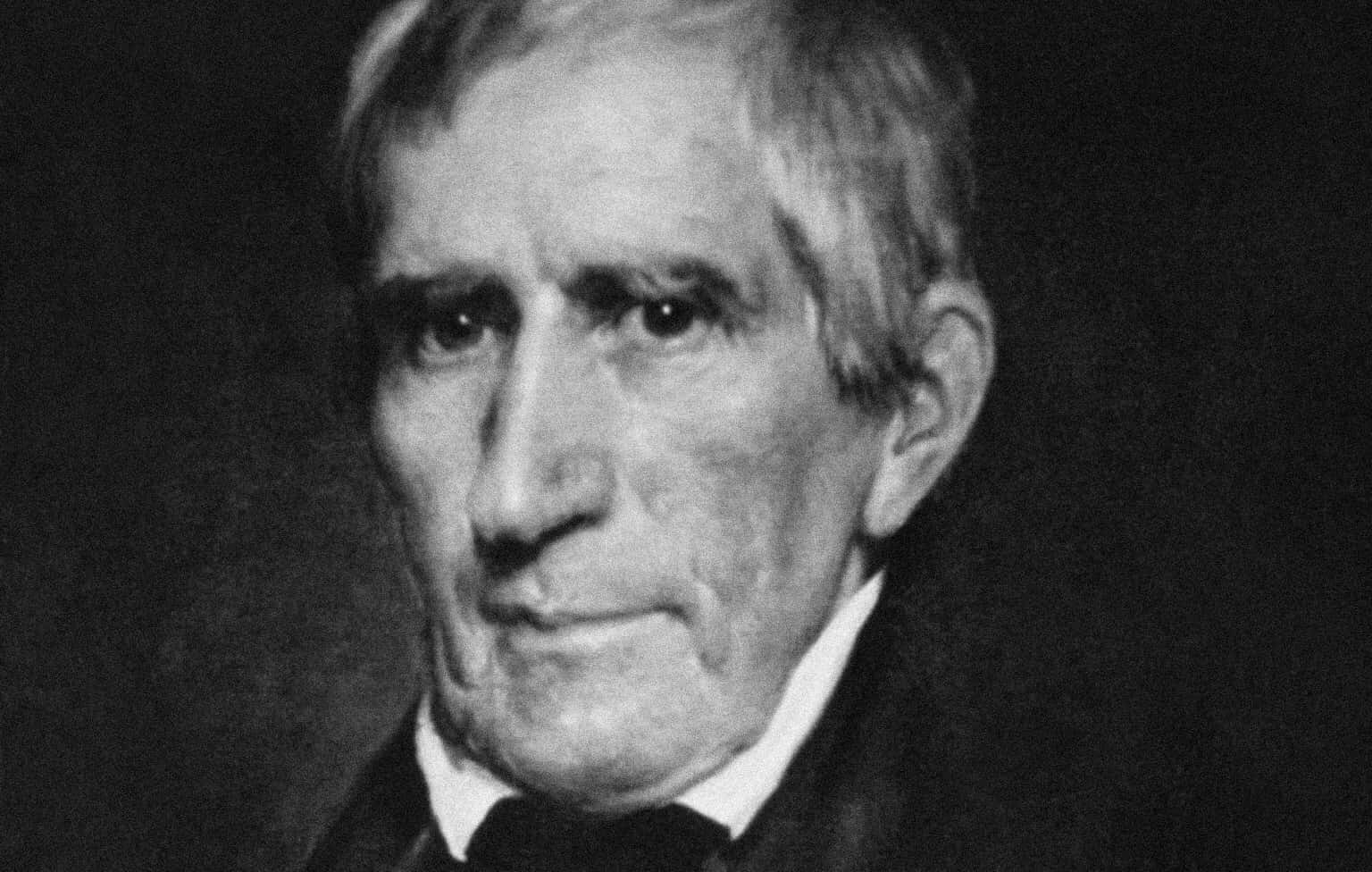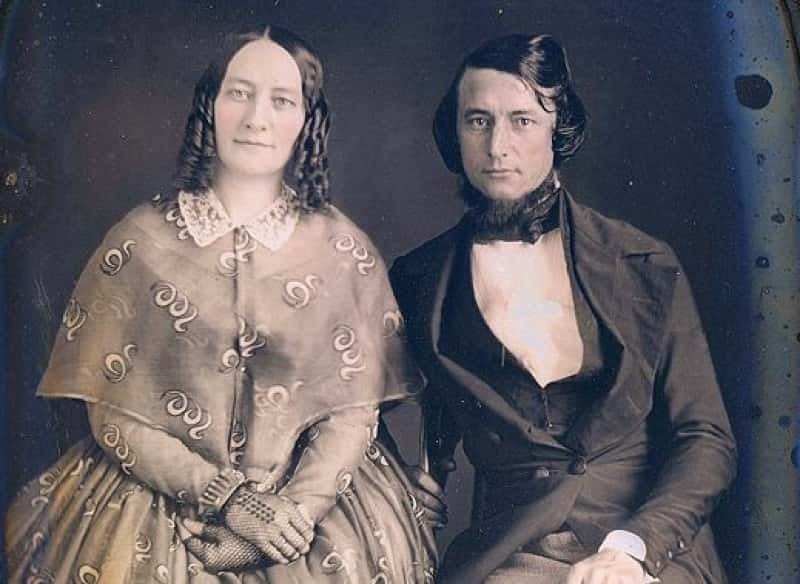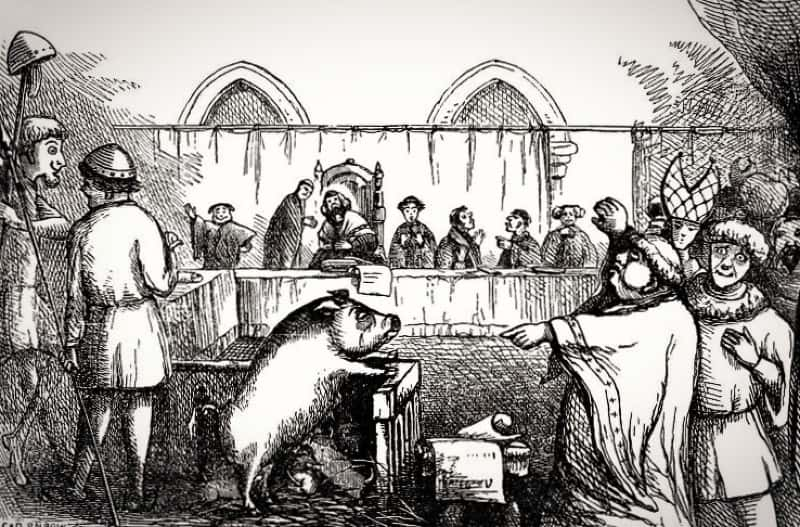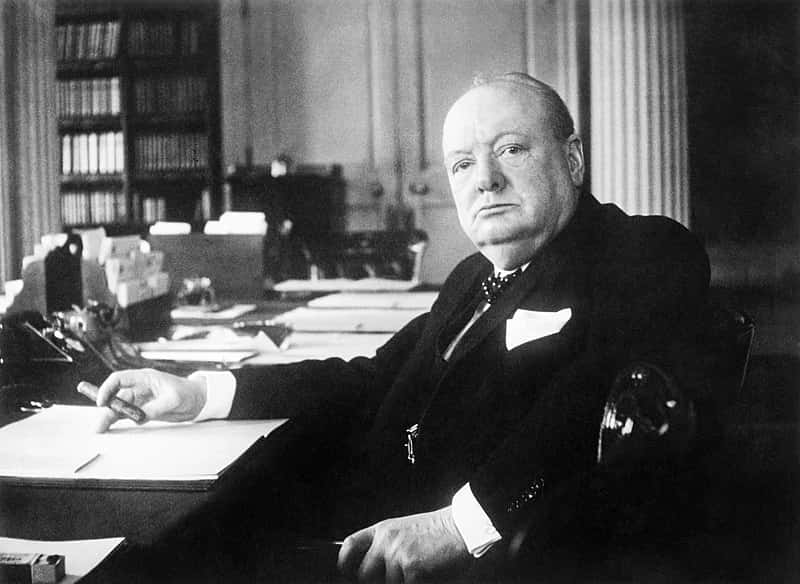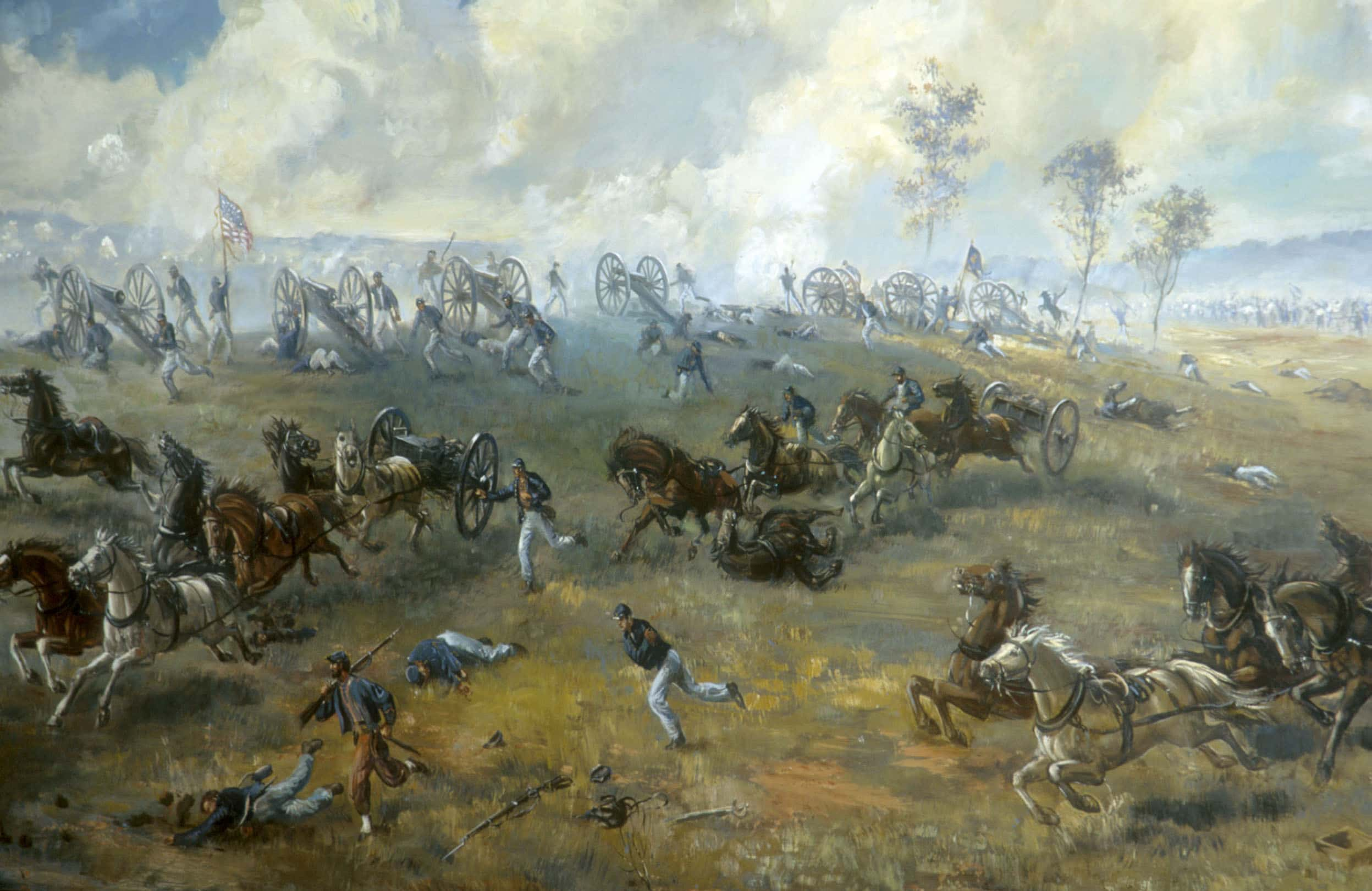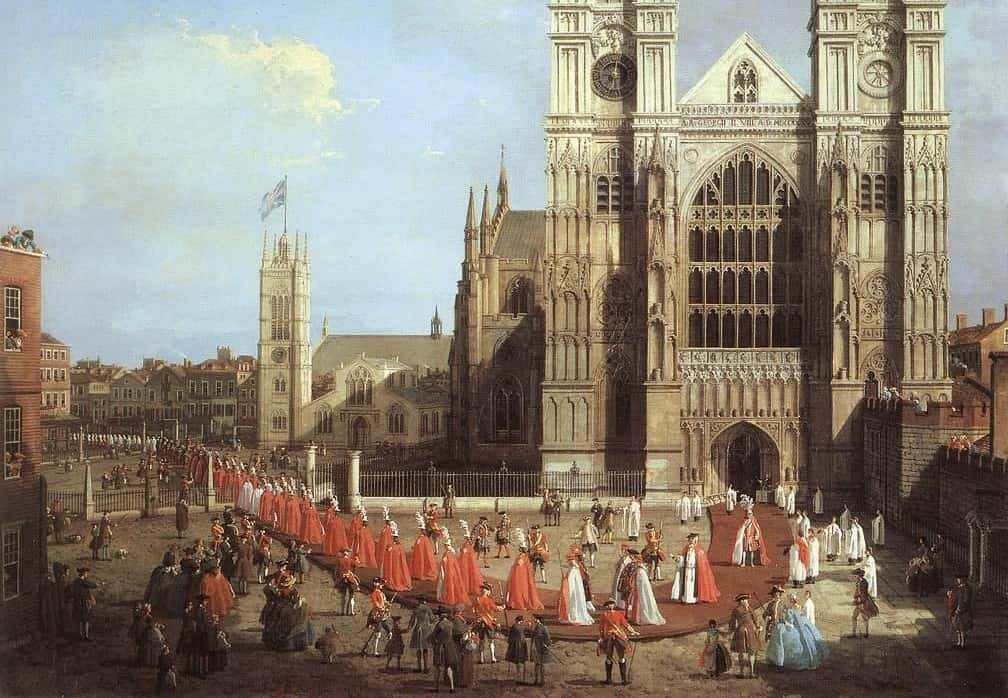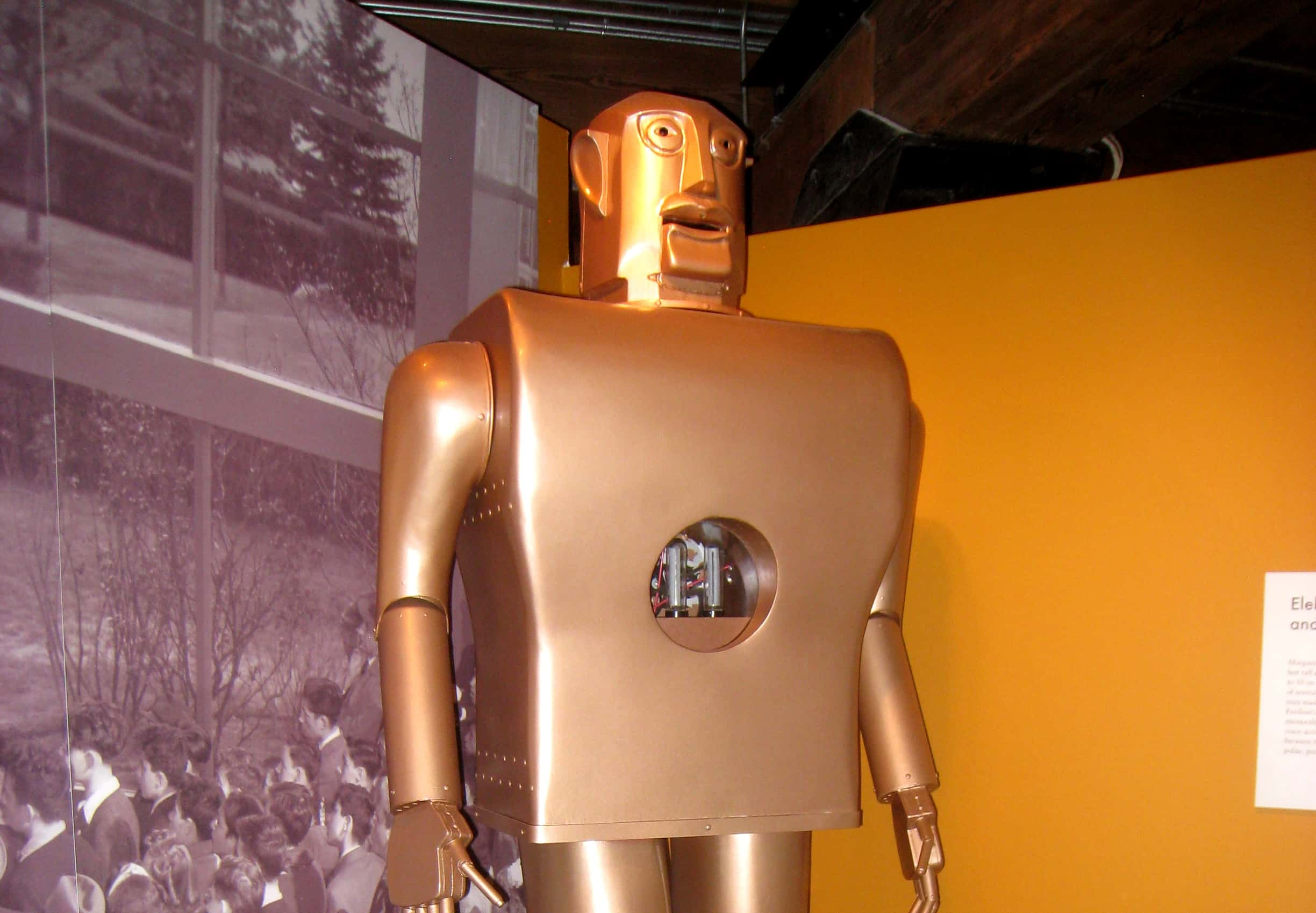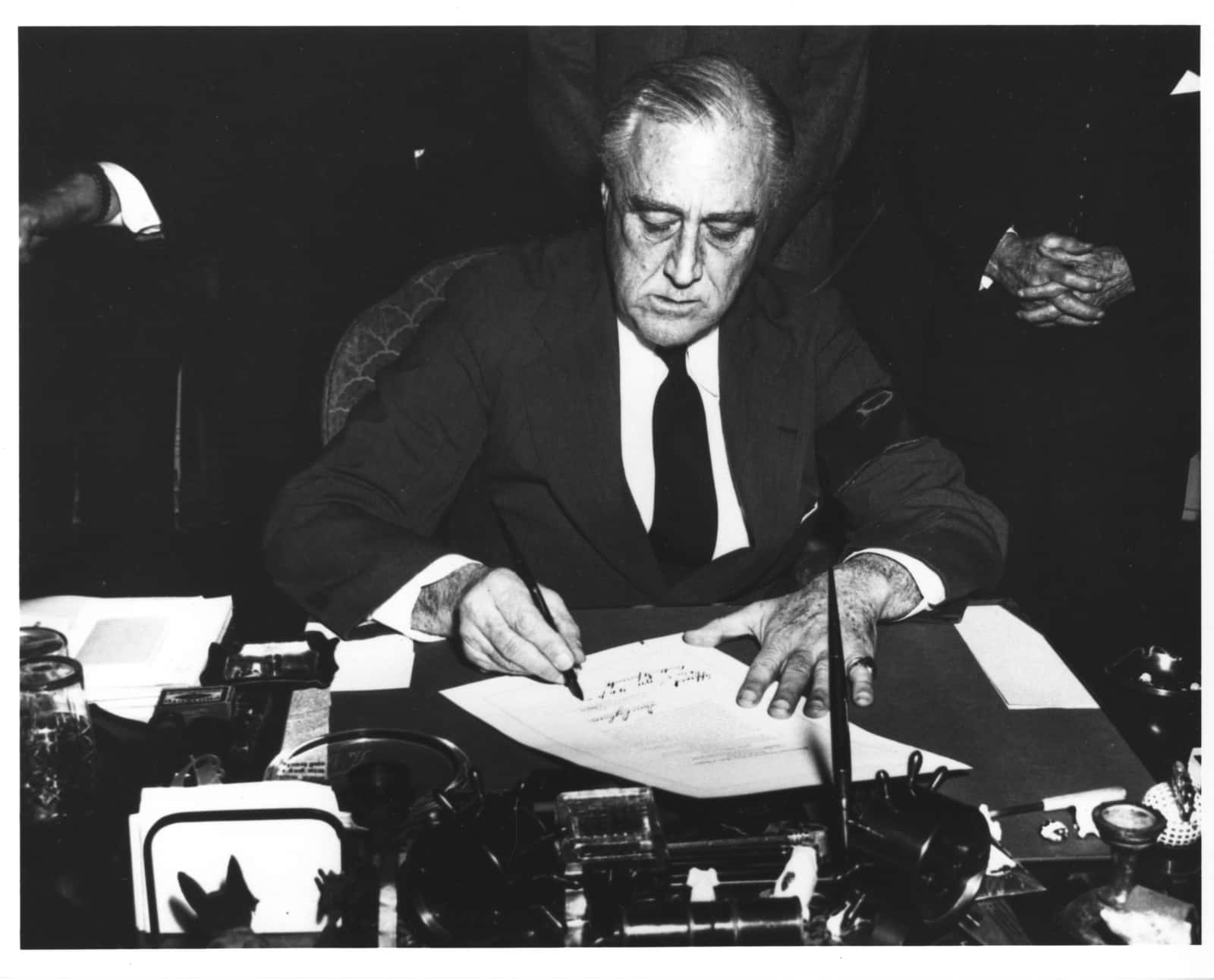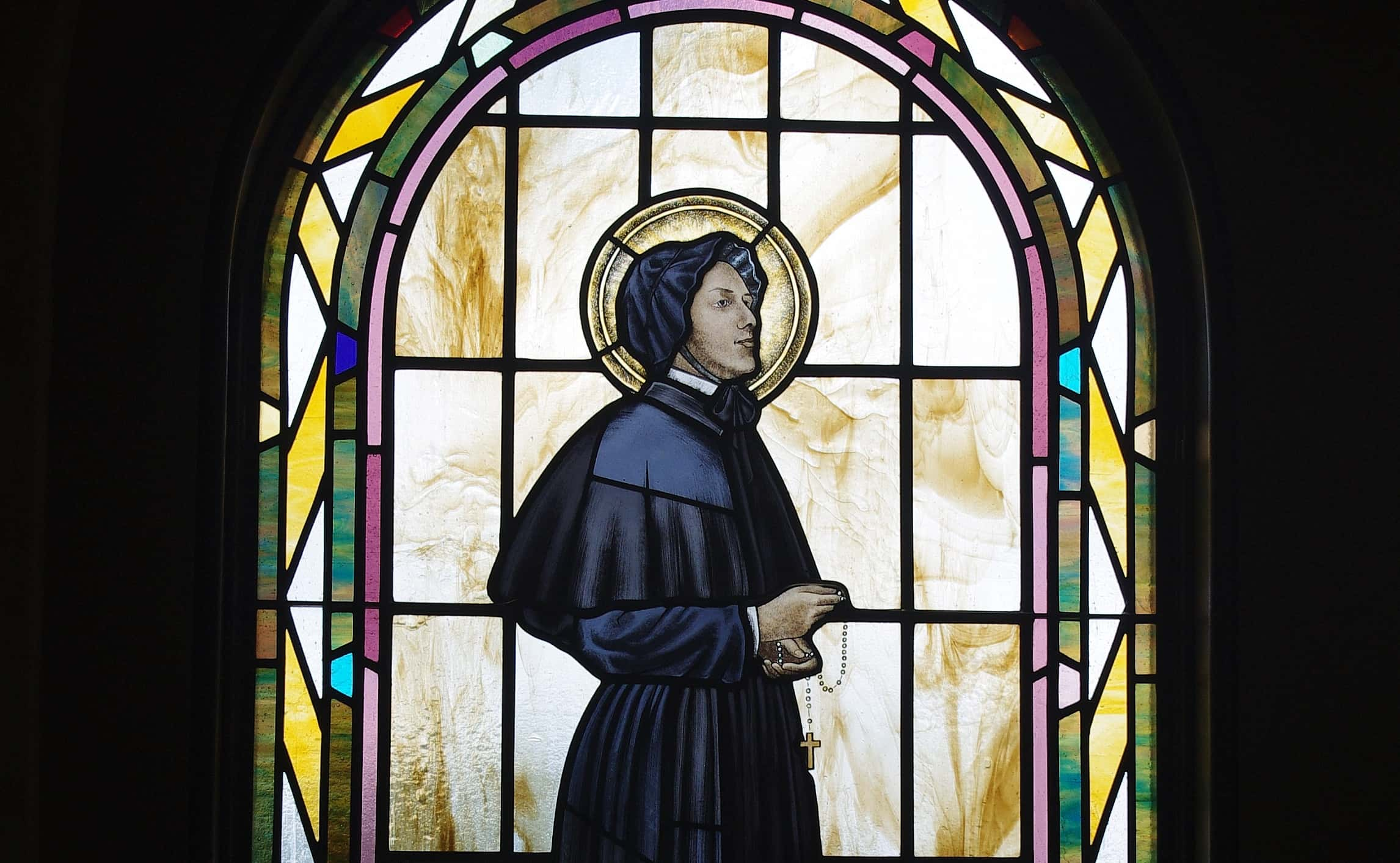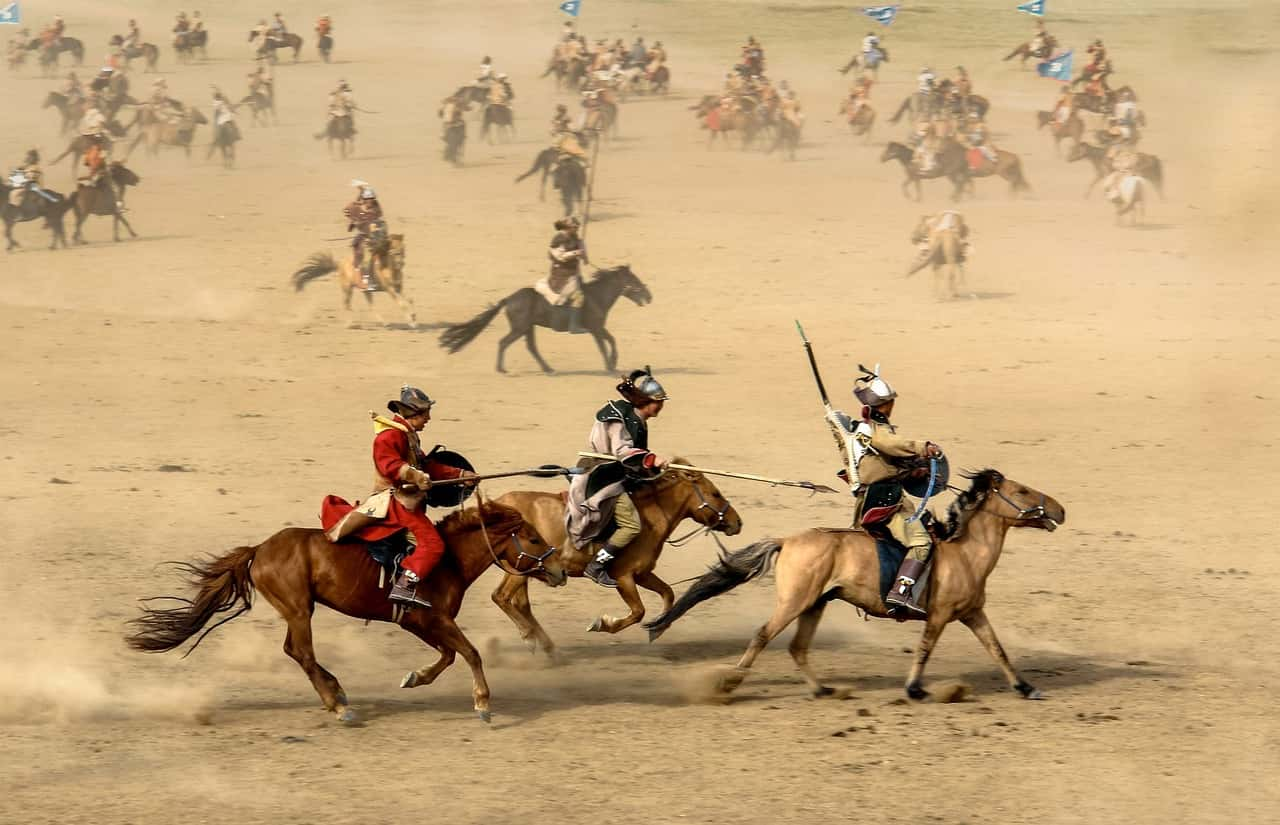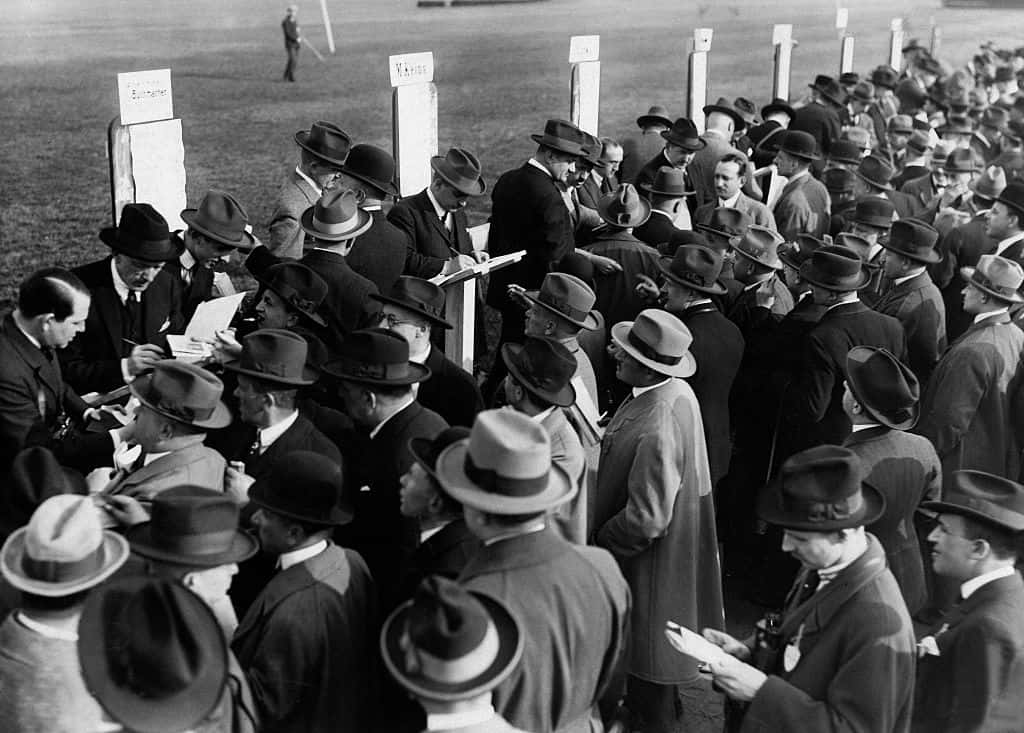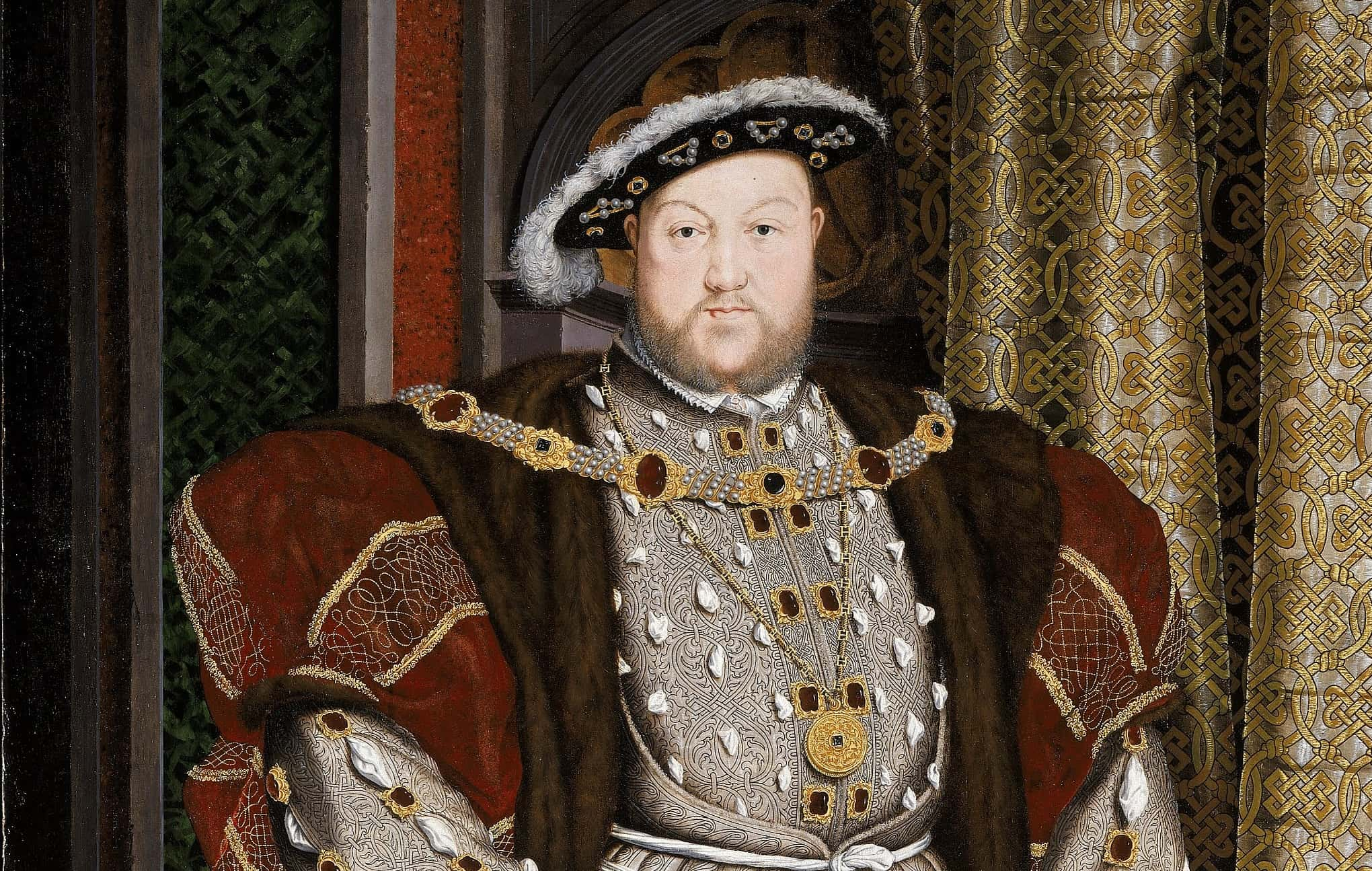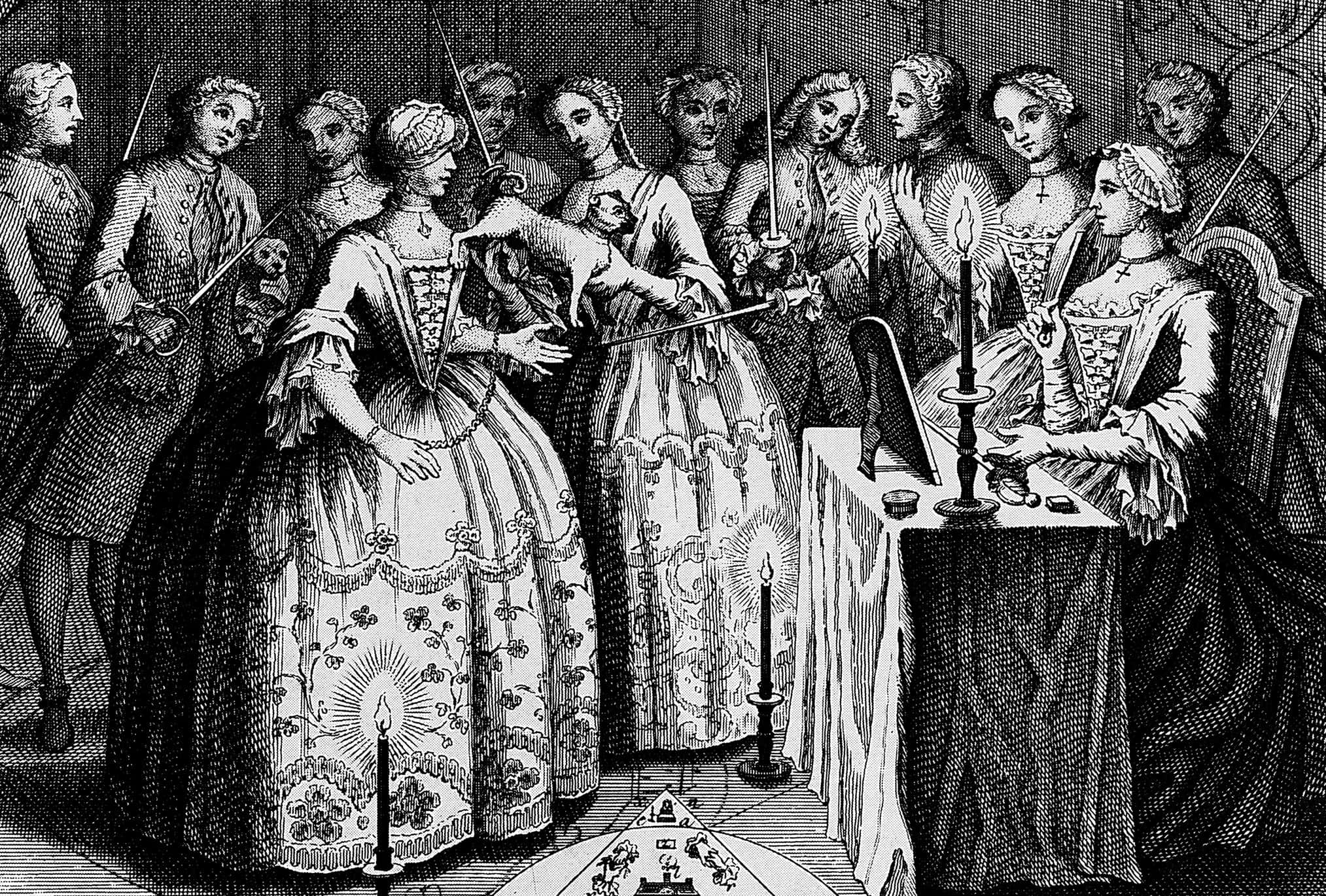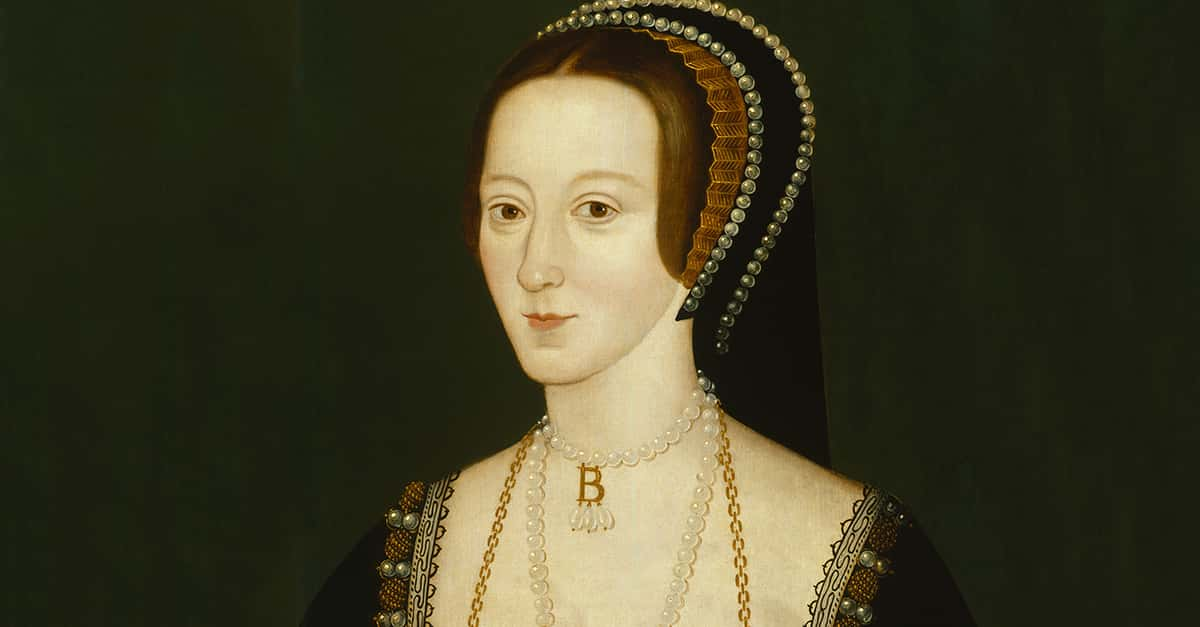History allows us to make sense of our past and our present. And when the past and present refuse to make any sense, we still have all these great, wacky stories to share with each other. History has seen the wrath of kings, the revenge of sisters, and even an all-out brawl between clowns and firemen. It's a big, wide world out there, with eons of strange, dark history to delve into. Pass the time, dust of those old tomes, and get into these 43 madcap facts from history.
History's Darkest Moments Facts
1. Clowns vs Firefighters
Canadians of the 19th century did not clown around. In 1855, tensions between a visiting clown troop and a group of Toronto firefighters came to a head in a popular brothel. Accounts are blurry, but most agree the violence started when one firefighter knocked a clown’s hat off, escalating things into a full-sized riot that carried into the next day. Crowds of angry men sought their revenge on circus grounds, where carnival wagons were tossed into the lake or straight-up set on fire. In the end, it was too dark to understand what really happened, and what became of the fateful angry first clown remains a (funny) mystery.
2. Losing the Last Word
A legend about Voltaire persists where the French writer, on his deathbed, is asked by a priest to renounce Satan. As his last words, Voltaire responds, "Now is not the time for making new enemies." It’s a cool story, but it appears to have originated as a joke from a Massachusetts newspaper in 1856. Moreover, the joke only began to be attached to Voltaire in the 1970s. That’s a shame, because it’s pretty hardcore final line.
3. What Did You Say Your Name Was?
In the history of creepy coincidences, few get as creepy and cannibalistic as this one. In 1838, Edgar Allan Poe published his only novel, The Narrative of Arthur Gordon Pym of Nantucket—a story about a group of shipwrecked sailors who end up drawing straws to see which of them will be eaten. The deadly lot ends up being drawn by a young man named Richard Parker. 46 years later, a group of real-life men found themselves likewise stranded at sea when a 17-year-old boy among them fell violently ill. With his odds of survival low, the others chose to kill and eat him for their own sustenance. That boy’s name? Richard Parker.
4. Having a Ball
Beaver testicles were a popular form of ingestible birth control in early North America. Serve them dried in a strong alcoholic solution, and a lady (supposedly) got herself a safer way to have sex.
 Wikimedia Commons
Wikimedia Commons
5. Sweet Labor
Servants of Ancient Egyptian pharaohs would smear themselves with honey. They weren’t doing this for kicks, but rather to distract flies away from their royal masters.
6. Slow and Steady Wins the Race
The Leaning Tower of Pisa took a whopping 344 years to complete. Construction began in August 1173, when a faulty foundation already rendered the tower too soft to stand upright. The tilt only increased as production went on into the next centuries, but when you start something, you might as well finish it?
 Wikipedia
Wikipedia
7. Three Strikes, You’re Out
In 1847, an ambitious doctor performed a 25-second amputation. Because of his haste, the doctor also cut off his assistant’s fingers. Sepsis took the lives of both the patient and the unlucky assistant. And upon seeing this medical spectacle, an onlooker died of shock. So yeah, this surgery had a 300% mortality rate.
8. Big Little Cries
At two words long, “Jesus wept,” (John 11:35) is the shortest verse in the Bible.
9. A Misuse of Girl Power
With the 1920s revival of the Klu Klux Klan, white women rose to power in ways the organization had not seen before. This era saw the founding of a specific subgroup for Klanswomen, which was creatively titled the Women of the Ku Klux Klan (WKKK).

Sign up to our newsletter.
History’s most fascinating stories and darkest secrets, delivered to your inbox daily. Making distraction rewarding since 2017.
10. Breaking Barriers
British Prime Minister Winston Churchill popularized the term “iron curtain” to refer to the Cold War boundaries between “East” and “West” Europe
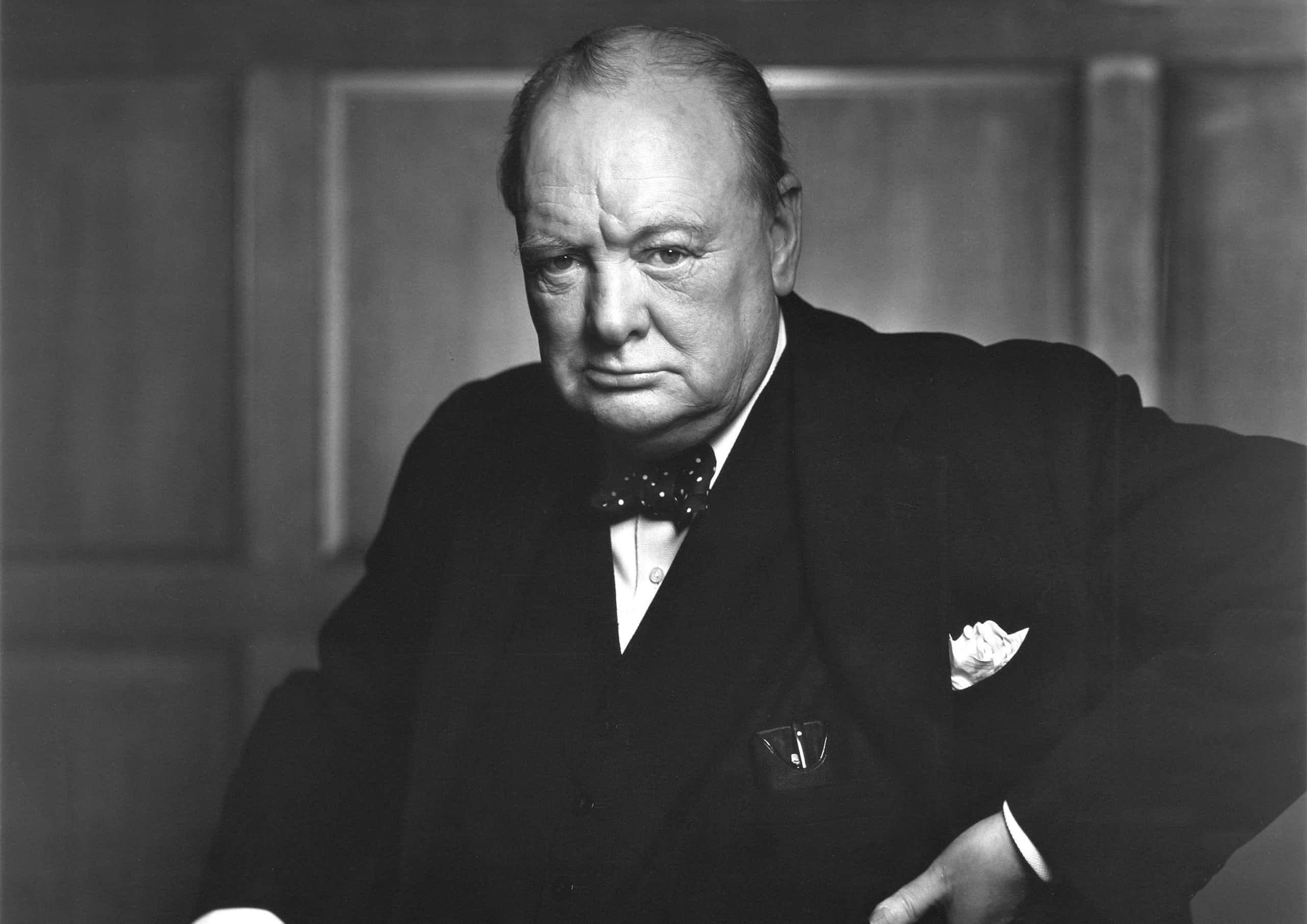 Wikipedia
Wikipedia
11. Cold Words From a Warm God
The phrase “under God” did not enter the United States Pledge of Allegiance until the Cold War. Congress voted to add the holy reference to their pledge to symbolize the Spiritual Western resistance to the atheistic sensibilities of the global communist “East."
12. President of Keeping It Chill
Compared to his predecessor George Washington, US President Thomas Jefferson was known for taking it easy. Whereas Washington did not like physical contact and favored greeting people with a presidential bow, Jefferson initiated the tradition of the presidential handshake. He would also greet White House guests while still in his robe and slippers, because why not keep it casual when you’re already touching their hands?
13. Juicy Justice
In 1820, Salem, New Jersey put tomatoes on trial for being poisonous. Wanting to prove the township wrong, Robert Johnson bravely stood before the populace and consumed an entire basket of them. Shocking everybody, Johnson did not die, thereby exonerating the red and watery fruit.
14. Making the Grade
The current United States flag of 50 stars originally received a “B-minus” when submitted as a high school project by a teenager named Robert G. Heft. If Congress accepted Heft’s lackluster project, the teacher reasoned, Heft’s grade would be reconsidered. In 1959, Congress did indeed select Heft’s design to be the latest, official American flag; Heft’s teacher kept their word and gave him an “A.”
 Pexels
Pexels
15. Pens and Swords
In 2000, the infamous Iraqi dictator Saddam Hussein anonymously published his romance novel, Zabibah and the King. The book was a medieval allegory for Iraqi and US relations, and it even featured bestiality. Despite (or perhaps because of) its shocking themes, the novel was an instant bestseller.
16. Curl up With a Good Rock
Curling originates not from Canada but from 16th century Scotland. If you fancy a glance at one of the world’s oldest curling stones, head to Dunblane, where a rock from 1511 was discovered when a pond was drained.
17. First Is the Worst
It’s been argued that George Washington was not the first president of the United States. Some argue that John Hanson was the first to truly hold that office. After all, it was Hanson who was elected and performed the duties of the first President of the Continental Congress in November 1781—an instrumental step in ratifying the Articles that would cement the United States.
18. Presidential Punch Down
Before he was president, Abraham Lincoln was a notorious wrestler. Displays of strength and bravery were important for 19th century politicians, so Lincoln and his supporters played up his track record of defeating bullies throughout Honest Abe’s career. Years later, Lincoln’s exploits earned him an induction into the National Wrestling Hall of Fame.
19. Soft Power
Once upon a time, a lady could take her husband to court for impotence. Legal divorce was much harder to come by in the European medieval times, so proof of erectile dysfunction was often the only recourse a woman had to escape a marriage. To get the divorce, however, the couple would often have to endure a Trial by Congress, where the court would enter the matrimonial bedroom and see for themselves if the man couldn’t help but go soft on his wife.
20. A Pinch of Magic
US President Martin Van Buren earned the nickname “The Little Magician” not just because of his modest height (he stood at 5 feet and 6 inches) but also because his grasp of political persuasion was supernaturally good.
21. From Publishing to Papacy
In 1444, Enea Silvio Bartolomeo Piccolomini wrote The Tale of Two Lovers, one of the bestselling romance novels of the European 15th century. The book was a breakthrough in erotic imagery. Despite his literary success, Piccolomini would eventually ditch erotica to become Pope Pius II in 1458.
22. Wishful Thinking
In 1493, Christopher Columbus claimed to have discovered mermaids near the coast of Haiti. He was a bit disappointed by their lack of beauty and called the creatures “not as pretty as they are depicted, for somehow in the face they look like men.” Today, experts generally believe what Columbus saw was manatees.
23. War Games
Tug of War was an official Olympic event from 1900 to 1920. In fact, it was one of the event’s highlights, with some of the strongest men in athletics ready to pull on each other like schoolyard children.
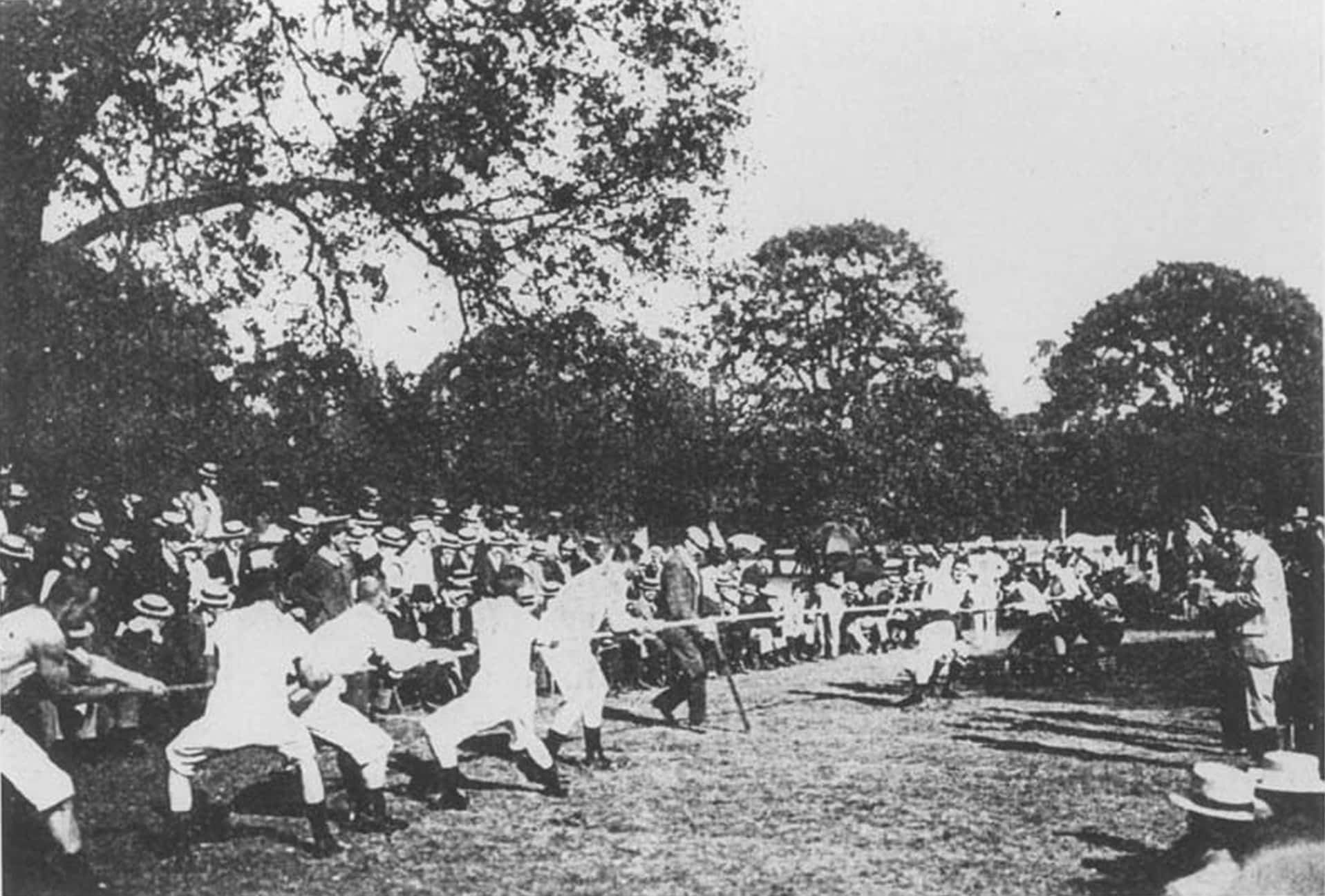 Wikipedia
Wikipedia
24. Holy Bad Ideas, Batman!
During World War II, a dentist convinced President Franklin Delano Roosevelt to bomb Japan with an army of bats. This initiative proved difficult to get past the early planning stages, and the bat bomb idea was promptly nixed.
25. Live Fast, Die Young, Leave a Presidential Corpse
William Henry Harrison holds the dubious honor of serving the shortest term in US presidential history. Just two months after entering office, Harrison came down with a deadly cold. The swirl of dubious treatments like leeches, opium, and snakeweed did not help his health.
26. Meow Residence, Fluffy Speaking
In 1929, Princeton University turned a living cat into a quasi-functional telephone.
27. No, This Does Not Balance the Scales
You know him as Ted Bundy the Serial Killer. Before he was caught, however, the Seattle Police Department awarded Bundy with an official commendation for detaining a purse snatcher. He also rescued a child from drowning (in a separate occasion, not while also catching thief).
28. Good News for the Lactose Intolerant
Cheese, who? Victorians were encouraged to say “prunes” when getting their photo taken.
29. Critter Court
Europe has a pre-modern tradition of putting animals on trial before Ecclesiastical courts. From rats to rodents, to weevils and serpents, and even livestock, no living thing could escape human law. Pigs were especially vulnerable to charges of infanticide; a case from 1386 England saw a pig dressed up, all nice and pretty, in human clothes just so the court could decently hang her.
30. I’ll Tell You When I’ve Had Enough
Winston Churchill smoked 15 cigars a day. According to the Prime Minister, that was a “limit” he set for himself, not a quota.
31. ‘Til Death Do Us Part
The last American Civil War widow only died in 2003.
32. Loud Opportunity
In 1994, Edvard Munch’s “The Scream” was stolen from its Oslo museum for three months. The painting was eventually found undamaged in a hotel just 40 miles out of Oslo. When they stole it from the museum, the thieves left nothing but a smug note that read, “Thousand thanks for the bad security!”
33. Welcome to Splitsville, Population: You
Divorce was possible but—obviously—uncommon in early modern-day England. A contemporary legal analyst could only find 131 legal divorces granted in England for the entire 18th century. In fact, the Church of England has only allowed divorced people to remarry (under special circumstances) since 2002.
34. Programmed to Party
The 1939 World’s Fair saw the debut of “Elektro”—a 7-foot-tall, 250-pound robot who smokes. Your electric buddy was your perfect party companion. He has a 700-word vocabulary, could carry light conversation, and even blew up balloons for all your festivity needs.
35. Playwrights & Wordplay
William Shakespeare is credited with the invention of over 1,700 words that persist in the common English vocabulary, including such useful ones like “bloodstained,” “zany,” “rant,” and “puking.” Thanks, Billy!
36. It’s Not Easy Being Green
In his original comics, the Incredible Hulk was not green, but grey. However, the printing press kept malfunctioning with the pasty shade that creators Stan Lee and Jack Kirby needed. This goof made him intermittently green, a shade that has since stuck.
 Pixabay
Pixabay
37. Electric Women
The Great Depression obviously tanked many parts of American material life. However, it also saw the use of electricity soar across the country. In 1935, President Roosevelt set out to create the Rural Electrification Administration—a bid to improve farmers' lives after the Great Depression by teaching them how to use electronics. Crews of women would travel across the country to teach communities how to save time by using electric stoves and other appliances.
38. Our Lady of Perpetual Charity
The first American-born person to be canonized into Catholic sainthood was a woman: Elizabeth Ann Seton of New York City. Despite being born to an Episcopalian physician in 1774, Seton devoted her life to Catholic charity. She founded the first US religious order, the Sisters of Charity of St. Joseph, in 1809.
39. Hun on a Bun for Fun
Historians remain in dispute over the origin story of the “hamburger.” Although plenty of cultures had their version of it, some trace the hamburger to 12th century nomadic Mongols. Unable to just stop for a stable meal, these warriors might wrap their meat under their saddles so it would cook and crumble under pressure for later consumption. Call it an early form of “fast food.”
40. Loaded Lodgings
As a devout Catholic, Mary I of England perceived a threat in her Protestant half-sister, the future Elizabeth I. In 1554, she ordered the Princess Elizabeth to be imprisoned in the Tower of London, where her mother Anne Boleyn had also been jailed while awaiting trial for treason. Mary did eventually release Elizabeth on May 19th, 1554—the exact anniversary of Anne Boleyn’s execution. Seeing as Mary absolutely hated her stepmother, it’s perhaps optimistic to call these arrangements a coincidence rather than a calculated warning shot to her little sister…
 Wikipedia
Wikipedia
41. Going out a Winner
In 1923, jockey Frank Hayes became the first dead man to win a horse race. Hayes had a heart attack and died in the middle of the track at Belmont Park, Long Island. With Hayes’s body still in the saddle, his noble steed, Sweet Kiss, powered straight through to the finish line and came in first.
42. Started From the Bottom, Now He's Here
Over the course of his reign, Henry VIII of England employed four Grooms of the Stool—men whose job it was to wipe the royal bottom and attend to his other “private needs.” Being so intimate with the king was a sought-after, honorable position. However, one of them, Sir Henry Norris, also received a brutal execution for treason and adultery with Henry’s second queen, Anne Boleyn.
43. Papal Puppy Love
The Order of the Pug (or the Mops-Orden if you want to sound fancy) was a Bavarian society of Roman Catholics who chose the Pug as their patron symbol (because of the dog’s association with loyalty and reliability). To get in, members had to wear a dog collar, scratch things, and be led around on the floor while the Mops barked loudly at them. Finally, members would kiss a porcelain Pug under the tail as the ultimate symbol of canine devotion.
Sources: 1, 2, 3, 4, 5, 6, 7, 8, 9, 10, 11, 12, 13, 14, 15, 16, 17, 18, 19, 20, 21, 22, 23, 24, 25, 26, 27, 28, 29, 30, 31, 32, 33, 34, 35, 36, 37, 38, 39, 40, 41, 42, 43, 44




